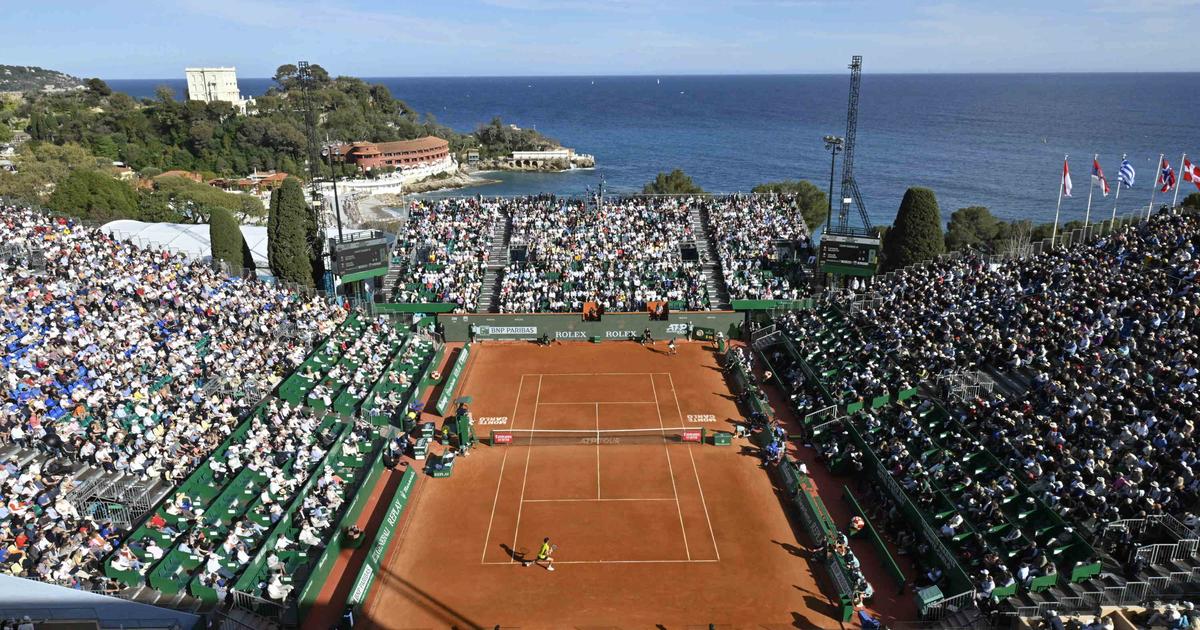"Wow", "aaaaaaaah"... These screams of tennis players are easier to hear than to write. Some have even become iconic, especially at Roland-Garros, such as that of Rafael Nadal, fourteen times winner Porte d'Auteuil, or the more acute and strident one of the Russian Maria Sharapova, twice crowned in the Parisian Grand Slam.
Calculated regularly at more than 90 dB, like those of the number 18 seed of this 2023 edition Victoria Azarenka, these screams at the time of the strike make it possible to find the necessary release at the moment of impact to hit the ball harder. A study by the University of Kentucky estimated that players could increase their striking power by nearly 5% by shouting. But do we have the right to shout as much as we want?
" READ ALSO "Kosovo, heart of Serbia": Djokovic sanctioned after his position at Roland-Garros?
The ATP and WTA regulations are not very clear on the subject. For the men's circuit, it is the point of regulation 7-F on the "hindrance", which can be translated as obstruction or distraction in French, which prevails. "Any distraction caused by a player can be considered deliberate and result in the loss of a point. Deliberate means that the player wanted to do what caused the annoyance or distraction," the rule reads. On the women's circuit, point 7-H also believes that "any discomfort caused by a player deliberately results in the loss of a point".
"At the discretion of the arbitrator ... »
But do we really want to embarrass the opponent with a shout? That is the question that the arbitrator must ask himself when interpreting this rule. The French Tennis Federation in its manual for referees explains that, if a player complains of being embarrassed by the shouts of his opponent, "the decision is left to the discretion of the referee, who, if he considers that there was effective discomfort, can pronounce a let (point to be replayed) or give lost point to the player who shouted if he considers that it was voluntary".
To help the referee in his assessment, it is especially necessary to observe and listen if the player's cry lasts too long, especially after hitting the ball, or if it has passed to the other side of the net. The discomfort is effective when the player prepares his next racket stroke while the cry of his opponent is not yet finished.
In fact, very few players can boast of having been punished for shouting on a tennis court. In May 2016, Dutch tennis player Robin Haase received a penalty point against Gonzalo Lama because he began to imitate the cries of his opponent, in a very exaggerated way. What necessarily embarrass his opponent ...









